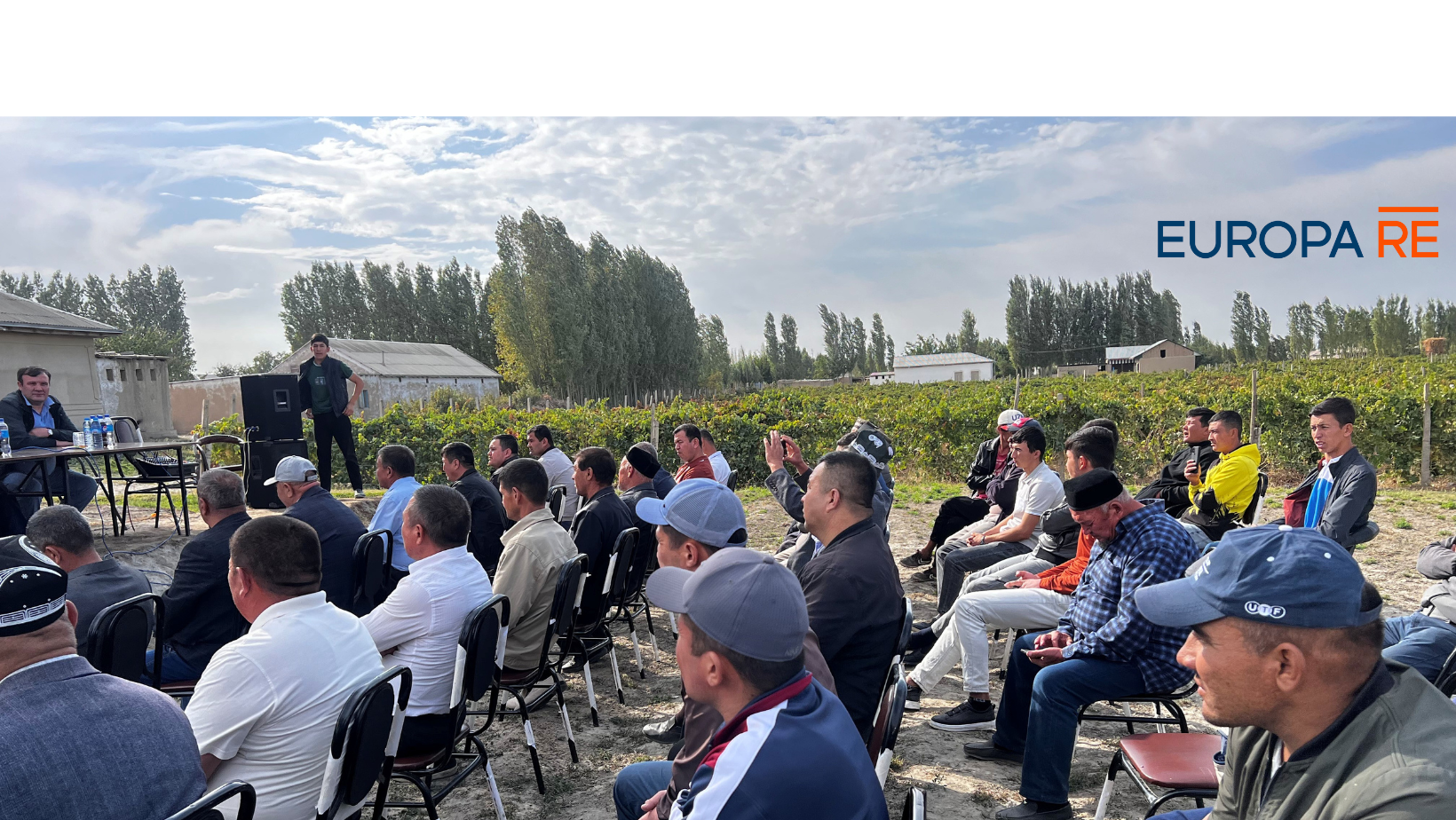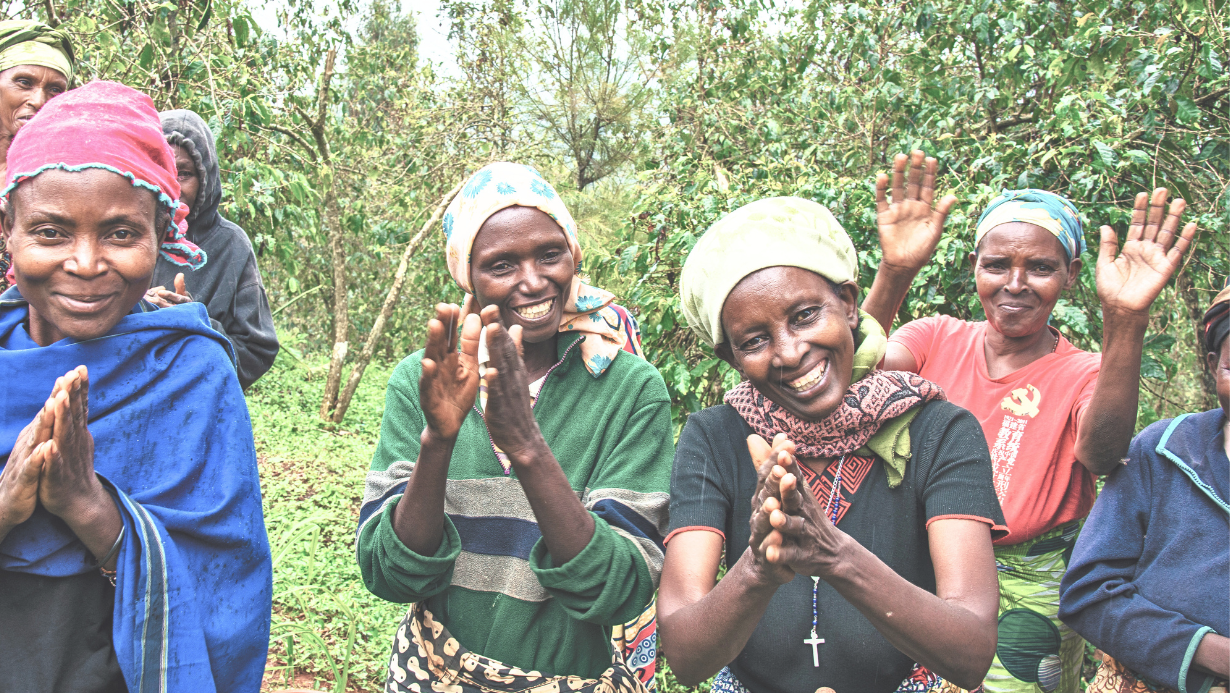Empowering low-income communities for sustainable prosperity
SCBF leverages public and private sector resources to fund financially inclusive enterprises that enable low-income populations to live a resilient and dignified life

Achievements
225+
Projects co-funded
23.2M
CHF grant funding mobilised by SCBF and strategic partners
50
Countries
Geographical presence
SCBF has co-funded projects in 50 countries
Sub-Sahara Africa
Benin, Botswana, Burkina Faso, Democratic Republic of Congo, Ethiopia, Ghana, Guinea, Ivory Coast, Kenya, Madagascar, Malawi, Mali, Mozambique, Namibia, Nigeria, Rwanda, Senegal, South Africa, Sudan, Tanzania, Togo, Uganda, Zambia, Zimbabwe
Asia
Afghanistan, Bangladesh, Cambodia, India, Indonesia, Kyrgyzstan, Laos, Myanmar, Nepal, Pakistan, Sri Lanka, Vietnam
Latin America
Bolivia, Colombia, Ecuador, El Salvador, Guatemala, Haiti, Honduras, Mexico, Nicaragua, Peru
Mena
Egypt, Jordan, Lebanon, Morocco, Palestine, Tunisia
Project funding
SCBF is currently updating its strategy and financial instruments to better meet the needs of social enterprises/innovative organisations that looks to advance financial inclusion.
Technical Assistance Grant
SCBF is currently updating its strategy and financial instruments to better meet the needs of social enterprises/innovative organisations that looks to advance financial inclusion.
Repayable Grants
SCBF is currently updating its strategy and financial instruments to better meet the needs of social enterprises/innovative organisations that looks to advance financial inclusion.
- Funding technical assistance for innovative financial products, channels and services (no infrastructure)
- Eligible countries as listed (except for projects focusing on smallholder farmers, which is all countries that receive ODA)
- Minimum outreach to at least 4’000 new clients; low-income households, smallholder farmers and micro, small and medium enterprises (MSME)
- Third-party contributions (desirable)
- Mid- and end-of project financial report with mandatory audits of the grantee for projects equal to or greater than CHF
- Mid- and end-of project financial report with mandatory audits of the grantee for projects equal to or greater than CHF 100’000 (SCBF contribution) by external / independent auditor, which will be financed by SCBF
- Financial and institutional self-sufficiency is reached or on a clear path towards it
- Proven social mission in serving low-income clients, notably women, preferably in rural areas
- Compliance with responsible finance practices and data / privacy standards
- Involvement of FSP’s senior management
- Mobilisation and development of local / regional competences through hiring of local consultants and by having international consultants spending at least 60% of their expert days in-country (desirable)
Our contribution
Nearly 2 billion people face the shortcomings of the global financial system daily
Our impact
Recognizing the lack of progress in closing the protection gap in lower- and lower-middle-income countries—SCBF has fostered insurance innovations to address this issue.
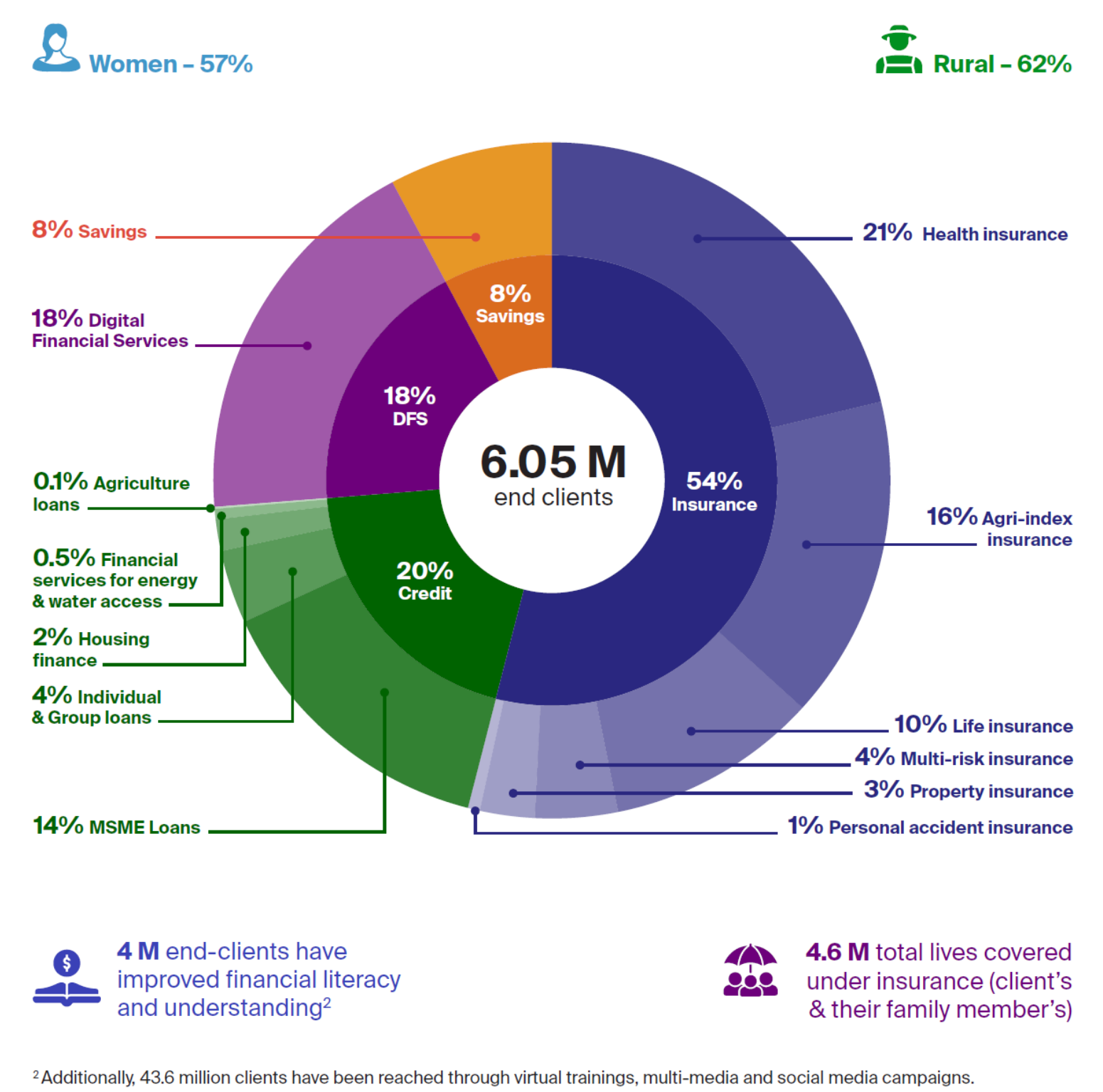
This includes low-income small business owners, smallholder farmers, and women who are most affected by climate change, economic instability, and conflict. They lack secure savings, access to credit, insurance against climate disaster, and other relevant and affordable financial services that many of take for granted.

Despite significant progress in financial inclusion, 1.4 billion people remain unbanked due to unstable incomes, remote locations, or lack of necessary documents required for KYC.
Women account for 54% of the unbanked, underscoring the gender gap in finance. Lack of access to basic services like banking or insurance means smallholder farmers often can't afford seeds and fertilizers, low-income parents can't save for their children's education, and vulnerable households lack a safety net for emergencies like illness or natural disasters.
According to the IFC, 65 million micro, small and medium-sized enterprises (MSMEs) in developing countries, or 40%, have unmet financing needs, despite being key to economic development.
SCBF aims to close the inclusive finance gap by providing financial sector partners with the resources and expertise needed to develop and scale financial products and services tailored to low-income clients, especially women, smallholder farmers, small businesses, and rural populations.
As a result, 55% of the lives impacted by our work have benefited from insurance products, such as health, life, or index-based agricultural insurance, helping vulnerable households and communities manage risks without resorting to negative coping strategies.
Although the gender gap in access to financial services has fallen in the past decade, it still persists, especially in Sub-Saharan Africa, the Middle East and North Africa.
This is why SCBF prioritises projects that build the resilience of women and other vulnerable groups. So far, a majority (60%) of the clients accessing the products, services or channels supported through SCBF-funded projects are women.
SCBF and the SDGs
SCBF and the SDGs
Financial inclusion leads to greater economic empowerment and directly impacts many of the Sustainable Development Goals (SDGs), such as gender equality, good health for all and climate action. Since the SDGs launched in 2016, SCBF’s financial inclusion projects globally have contributed to 12 of the 17 SDGs.
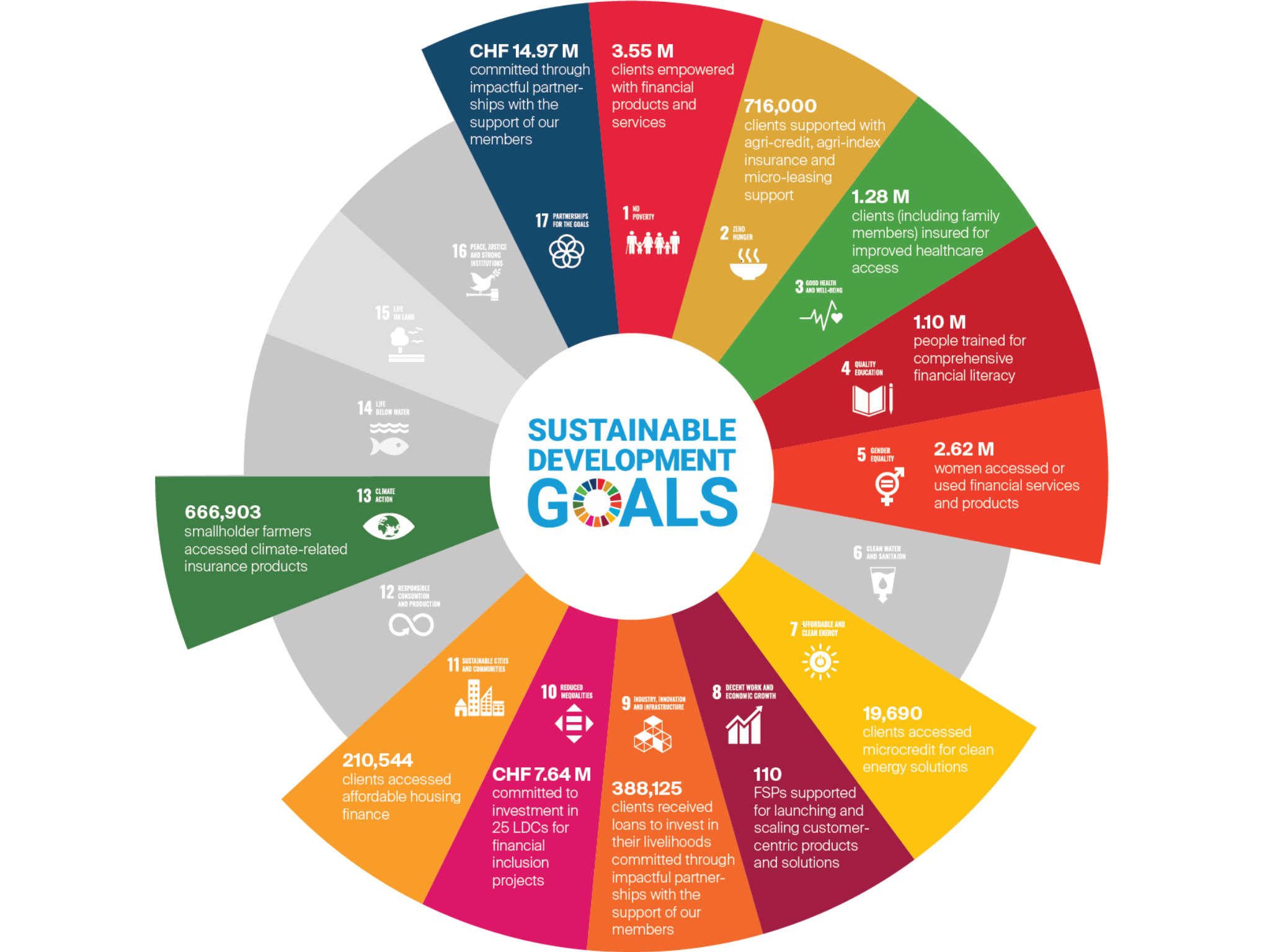




.png)
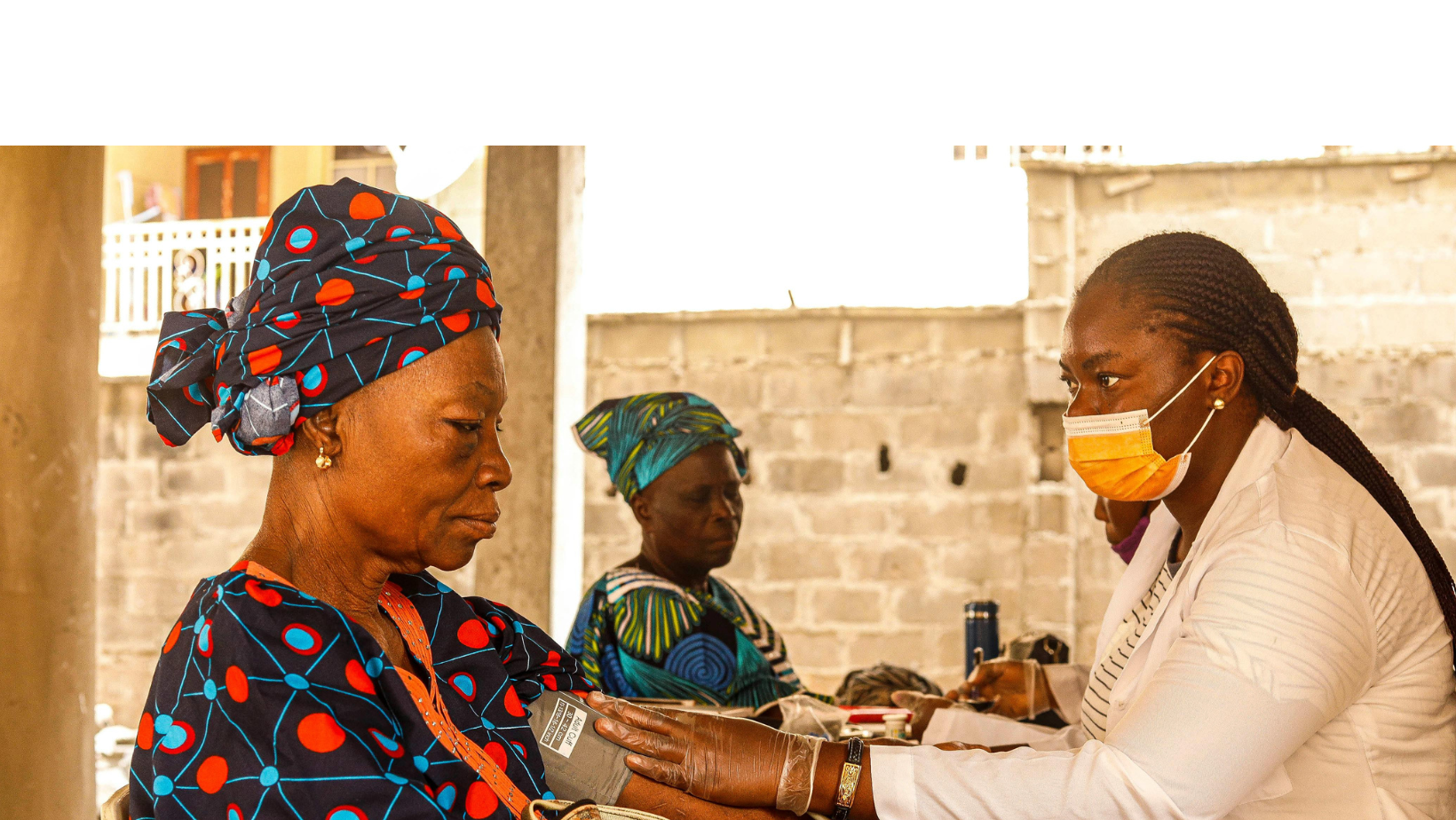
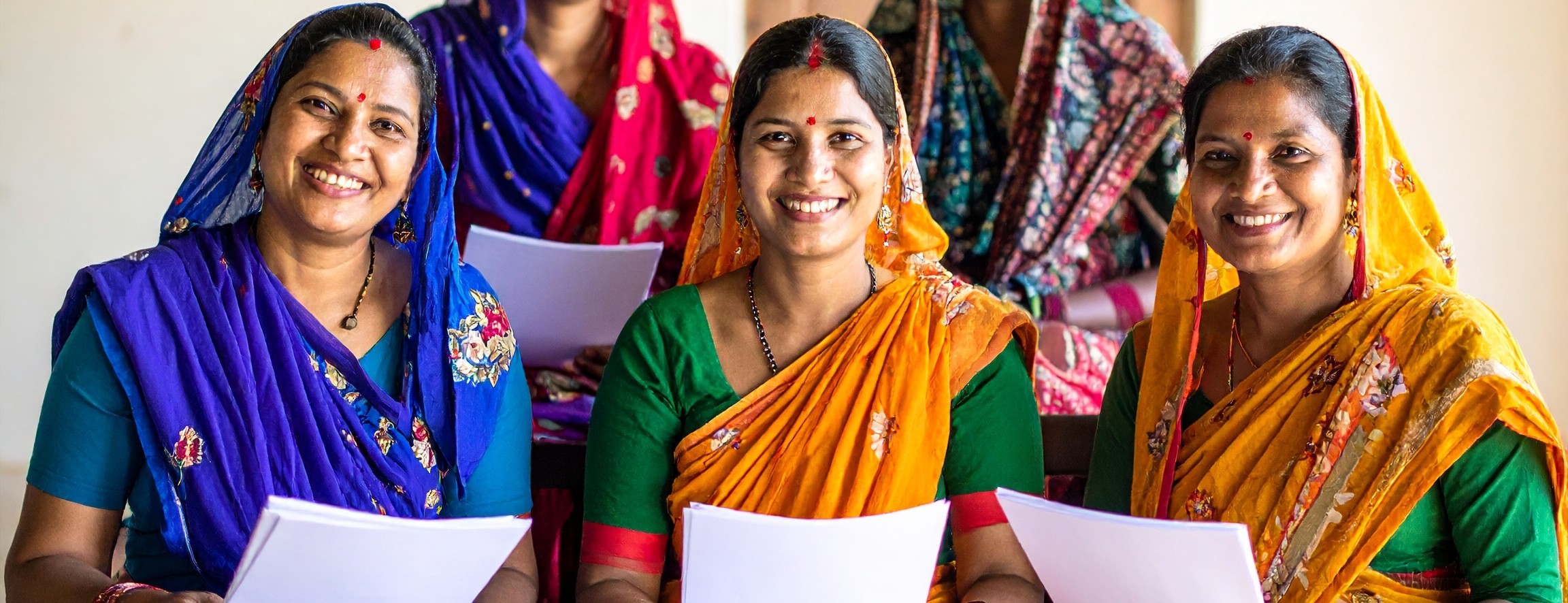









































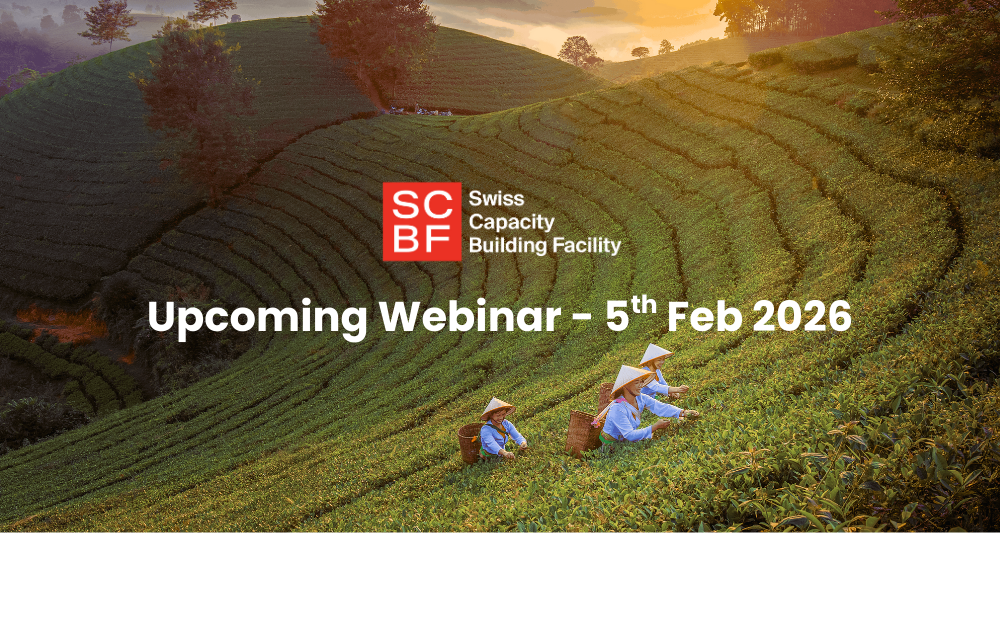
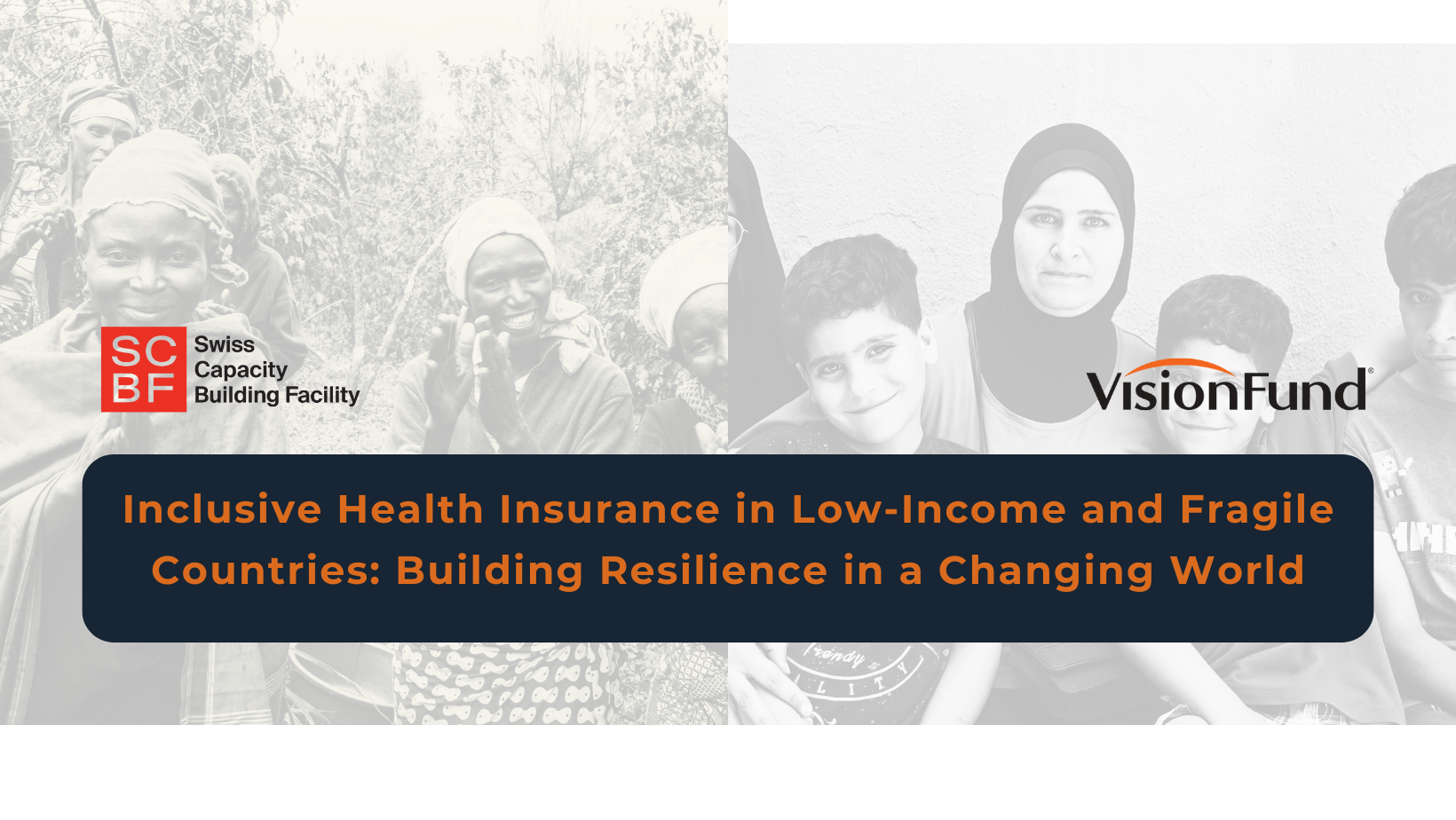









.png)








